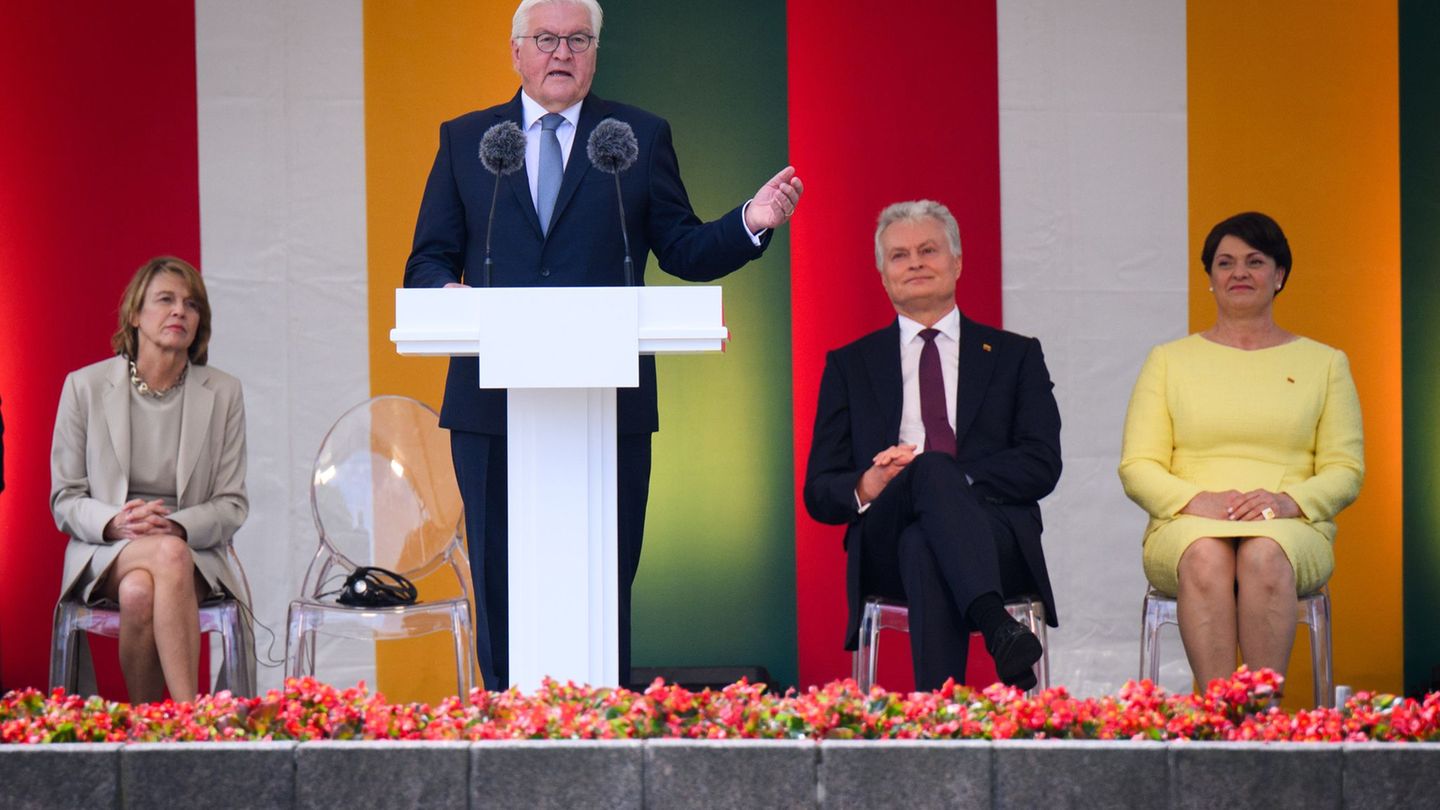In Milei’s management, rather than the invisible hand of the market prevailing, the visible hand of Federico Sturzenegger appearsthe new minister of “Deregulation and Transformation of the State of the Argentine Nation”. Sturzenegger was one of the main architects of the mega DNU 70/23, the rejected Omnibus Law and the finally agreed upon Bases Law. That is to say, since December the brand new economist has been part of this government although he enjoyed a semester without signature and without legal responsibilities. Now appointed, Milei is the fourth President he has accompanied after having been an official of Menem, De la Rua and Macri.
Let us remember that he was President of the Central Bank under Mauricio Macri, and he is remembered for the brutal deregulation of the exchange rate and finances that led to the LEBACS producing the “super Tuesdays” when the pesos left the BCRA bills to go to the dollar and fuel the runs that created the favorable scenario for Macri, after Caputo failed to roll over the debt in the private sector, to turn to the IMF again.
But now, as if that deregulation experience had been successful, a ministry was created with the aim of destroying the capabilities of the public sector. Curiously, it created more bureaucracy when it was supposed to combat it. Its destruction began decades ago.
According to reports, he is apparently preparing a new presidential decree with the aim of eliminating 60 state agencies. The disconcerting thing is that many of them are actually supports for private and commercial activity, I am referring to the National Securities Commission (CNV), the Institute of Industrial Property (INPI) or the National Service for Food Safety and Quality (SENASA). Others are essential for human activity and circulation throughout the country, such as the National Geographic Institute (IGN) or the National Meteorological Service (SMN). And others are essential for life, such as the National Institute for the Coordination of Ablation and Implantation (INCUCAI). Thus, The apology for the minimal State is complemented by the idea of chaos and anarchism, where the law of the jungle rules: the strongest prevails, the one with the most money and power, the one who does not need any regulation.
The Justicialist alternative
In the face of the socio-political experiment that Milei’s government means for Argentina, rIt is essential to define (to disseminate and defend) the economic and political model that our country needs.. For this reason, I would like to highlight a book that I participated in and that we will be presenting next Tuesday, July 30th at 6pm at the Patria Institute (Rodriguez Peña 80, CABA). It is titled “LThe three models in dispute. The Justicialist economy, developmentalism and financial neoliberalism” compiled by Santiago Fraschina and Lucas GobboThere you will find 8 essays that analyze previous government experiences, contrasting the virtues of the Justicialist model with the rest. And in turn, policies are proposed to establish its update to a very different context.
There is a key idea that Santiago Fraschina sets forth and it seems to me to be central to the context in which we find ourselves, and in view of the ongoing discussion on the regime of large investments: “It is not true that Justicialism is anti-business or that it does not seek the development of private investments. Quite the contrary, The Justicialist model seeks to develop and grow the different sectors of the economyThe problem is that he does not believe that this should happen at the expense of working people, but rather alongside working people. The Justicialist model believes in the social pact between those who produce, those who work and the State, as 3 legs of a system that can generate development with inclusion that is sustained over time.. ”
Throughout the book, the Peronist view is developed on trade relations with the world, the relationship between state and market, on science and technology, on finance, public companies, the agricultural model. And I want to highlight, as I do there, the current relevance of the Peronist doctrine that allows us to guide the response to questions that arise in the face of the reconfiguration of the global capitalist system. In this sense, the Italian author Mazzucato (2022) in her recent contribution on Latin America, points out that the idea is “to rethink the current state of the Peronist system, which is based on the current state of the capitalist system, and which is based on the current state of the capitalist system.to raise the role of the State, not as a repairer of market failures, but as a capable, competent and secure shaper of the market”, and here Peronism and the 12 years of Néstor and Cristina give us good examples and point the way to how the State can promote the market and society itself. We can mention the Peronist (and therefore Kirchnerist) policy of nuclear energy, the satellite industry, the infrastructure network that allows the growth of the industrial network or the direction of strategic companies such as YPF.
Perhaps because we know that the State or Market dichotomy is false, we are so hurt by the destruction of the State carried out by Sturzenegger and Milei. The last thing Argentina needs is the destruction of organizations, institutions, ministries or offices that allow for seeking and generating consensus. Milei’s experiment goes beyond financial neoliberalism but deepens its main threats. We do not need to eliminate institutions or channels of dialogue; on the contrary, we must improve them, increase their transparency and generate the conditions for a professional bureaucracy to push for the development of companies and the improvement of the quality of life of Argentines.
Economist
Source: Ambito
David William is a talented author who has made a name for himself in the world of writing. He is a professional author who writes on a wide range of topics, from general interest to opinion news. David is currently working as a writer at 24 hours worlds where he brings his unique perspective and in-depth research to his articles, making them both informative and engaging.




